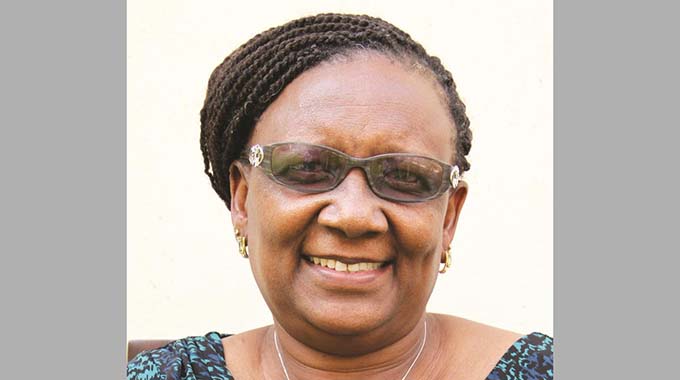Mupfumira’s case triggers legislation scrutiny

Fungai Lupande Senior Court Reporter
A Harare lawyer has approached the High Court challenging the Criminal Procedure and Evidence Act (Chapter 9:07), sections 32(3) (b) (c) and (d), which gives the Prosecutor General power to deny an accused bail for 21 days.
The applicant, Evans Talent Moyo, is seeking the High Court to declare the said sections invalid.
The application follows the detention of former Environment, Tourism and Hospitality Industry Minister Prisca Mupfumira for more than 21 days through a certificate by the Prosecutor-General.
He cited Minister of Justice, Legal and Parliamentary Affairs Hon Ziyambi Ziyambi and Prosecutor-General Mr Kumbirai Hodzi as defendants.
The application seeks a declaration that sections 32(3)(b)(c) and (d) of the Criminal Procedure and Evidence Act (Chapter 9:07) are in terms of section 2(1) of the Constitution invalid because they are inconsistent with sections 50(1)(d), 49(1)(b), 53, 56(1), 68(1) and 69(1) and (3) of the Constitution.
Moyo said sections 32(3)(b)(c) and (d) were inserted into the Act by Act 14 of 2004 with effect from October 8, 2004.
He said prior to July 2019, the existence of the provisions the country’s statute books was not a matter of public record.
“Recently they were applied against Mupfumira. The court is not empowered to put the Prosecutor-General on any terms and at the end of the 21 day period, an accused person’s detention can still continue,” reads the application.
“It is my submission that these provisions are in violation of section 50(1)(d) and 49(1)(b) of the Constitution of Zimbabwe which provides for the unconditional release of any arrested person and his/her right to liberty pending trial unless there are justified reason.
“The certificate which the Prosecutor-General issues under the Act has the effect of stopping a court from considering whether compelling reasons for continued detention exist. Section 56(1) of the Constitution has two fundamental principles that of equality before the law and of the protection by the law.”
He said sections 69(1) and (3) of the Constitution provide for a fair and public trial within a reasonable time.
“There can be no fair hearing where the Prosecutor-General is given an undue advantage to the prejudice of an accused person,” said Moyo.










Comments